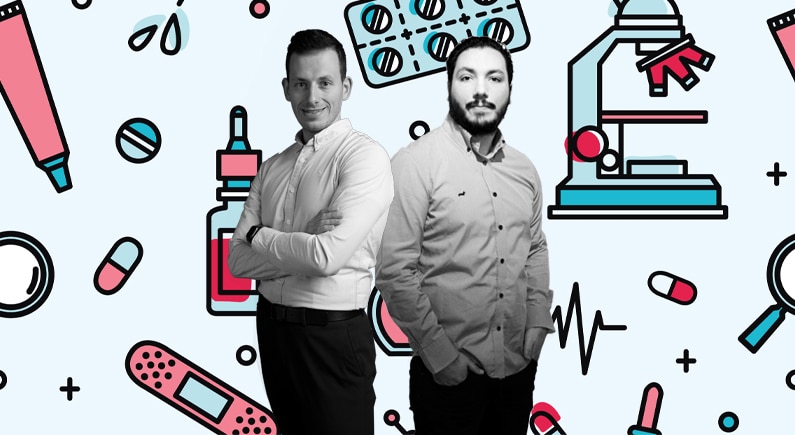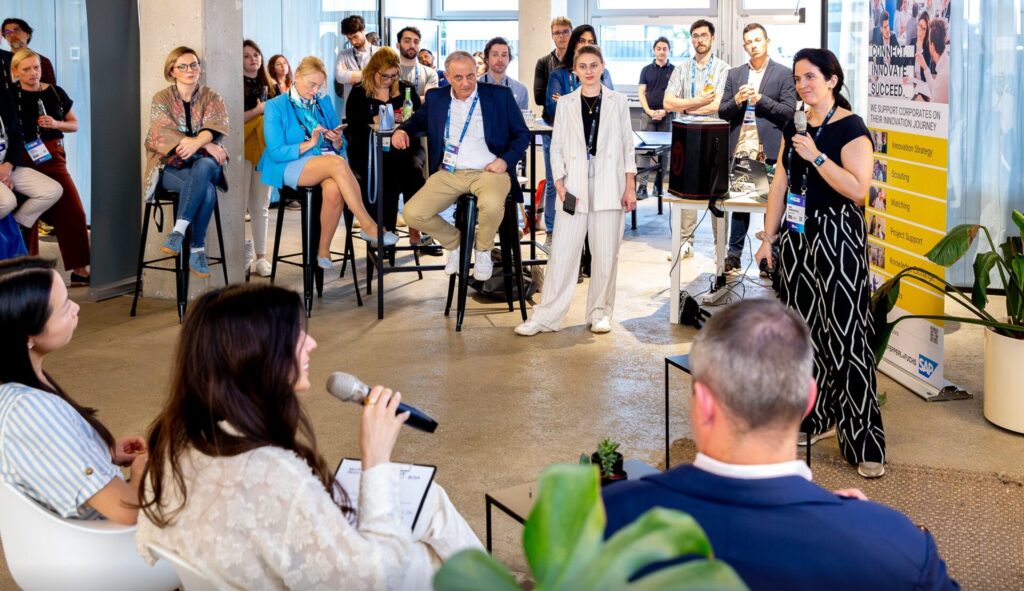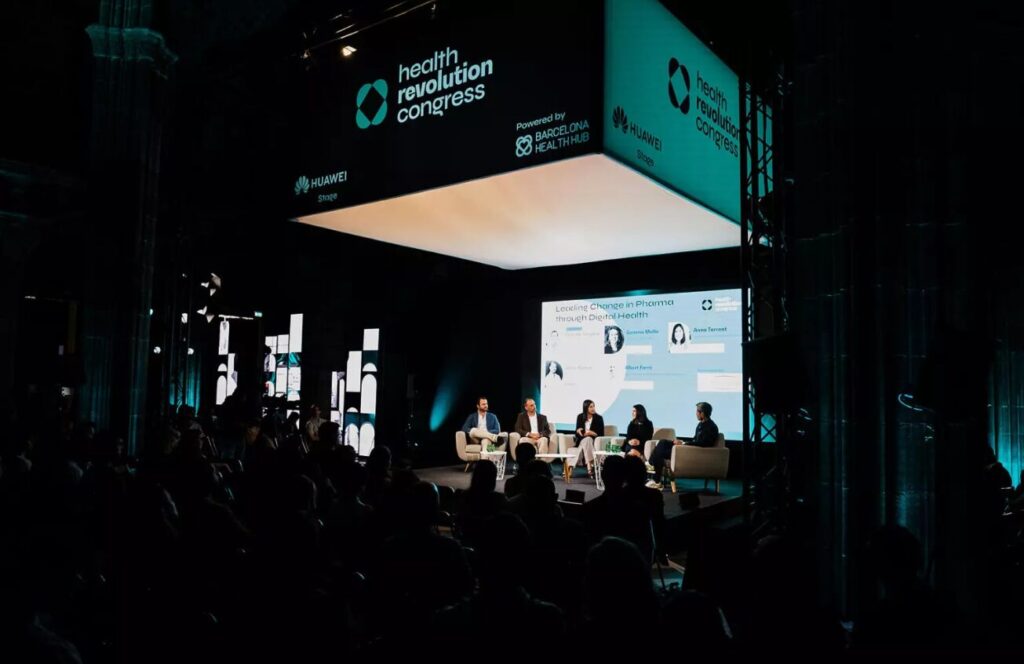
Michael Joe Cini
6th April 2022
Metaverse: The next frontier in healthcare
Clinical and health tech advisors to Med Tech World, Dylan Attard & Ryan Grech are both practicing physicians with a passion for health tech and a belief that digital is a key part of solving the looming health care crisis
When we started working on Med-Tech, we both set out with the intention of being an integral part of the revolution in the healthcare industry. For us, 2021 was just the start, as we continue to push in 2022, making it another pivotal year for us. At the beginning of last year, we highlighted the technologies that we thought were going to dominate 2021. Our predictions turned true, globally there was the emergence of many new healthcare pathways involving the increasing use of AI and IoMT.

Our prediction this year is on a longer timescale and perhaps more bullish than usual. We believe that in the next decade we will see healthcare applications to the metaverse or the healthcare metaverse if you will. Looking at the concept of the metaverse in basic terms it is the assimilation of a number of technologies that enable the integration of physical with digital. Whilst telehealth has blurred the lines a bit in the past number of years, significant advancements in augmented and virtual reality as well as ever-increasing energy-efficient distributed ledger systems (blockchain) are bringing forward ideas that were never thought to be possible. Multinational conglomerates are already investing heavily in the general idea of the metaverse.
NVIDIA for example with its Omniverse platform is already implementing its idea of a work type metaverse in certain industries enabling life-like interactions on a platform for creators, designers, and collaborators to work. Meta is another company moving rapidly in this space, after all this was the reason for a change in the name. A video posted in November by the company shows incredible progress with haptic glove technology that allows the user to experience the sense of touch in the virtual world. allowing the user to experience the sense of touch in the virtual world. Whilst Meta’s product and to a certain extent NVIDIA’s projects are primarily aimed at the industries such as gaming you can easily see the applications of the above in healthcare. There are also early healthcare case studies favouring the idea. Not needing to look far, Microsoft has piloted projects using the Hololens technology in remote care and healthcare education amongst others.
Now imagine, adding haptic feedback to surgical VR education simulation or simulating an immersive critical incident to train emergency responders. And the applications are almost endless. From gamification for improving health and fitness to surgeons having the patient’s CT scan virtually imprinted on the patient during surgery aiding in even more precise surgical resections. Whilst all of this sounds incredible we do appreciate that there will be key challenges that will be encountered. Perhaps one of the most important questions concerns how it will all work. Unlike other industries, in healthcare, we can’t afford to not have interoperable components. So will the healthcare metaverse be one main open-source platform with key players allowed to plug and play provided they hit key security criteria?
Secondly, we need several clinical trials and real-world use cases. We are starting to understand now that AI research in healthcare is still lagging and enclosed in a silo. Whilst we assume that AI + humans = better healthcare, there are no clinical trials to support this. This brings us to the third obstacle, patient data in the metaverse. Undoubtedly, the metaverse will generate a humongous amount of data, some of which may be in the hands of less trustworthy companies. Whilst companies knowing what kind of burger we like is not going to affect us much, companies knowing our genetic predisposition might affect a lot of things including insurance premiums.
The metaverse is still in its early days but we think that just like us you should be early on this bandwagon as it’s a certain part of health 4.0. If you want to know more, feel free to connect with us.
About Med-Tech World:
Being led by physicians we have a deeper understanding of how things in the healthcare industry work. We know healthcare is not like any other industry and as a result provide the expertise that others do not. Have an exhibition booth of your own, throw a specific side event, or else just tell us what you want to get out of Med-Tech and we’ll have a dedicated team drum up the most relevant opportunities for you. Reach out to Dylan.






